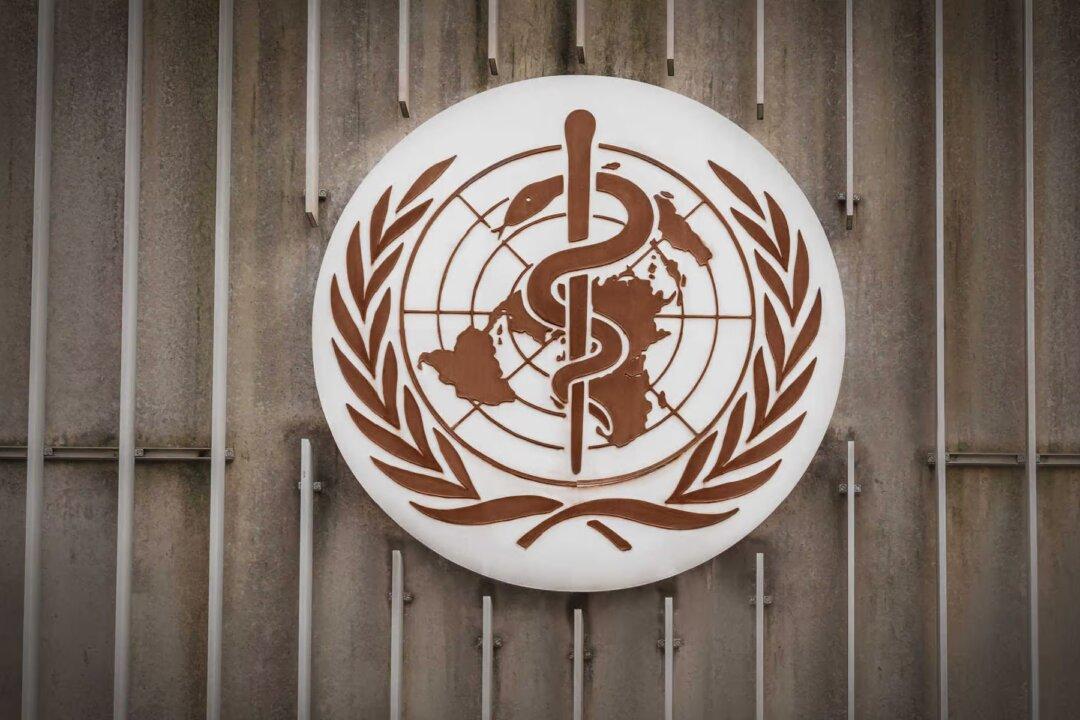House Republicans took to the podium on May 17 to condemn the Biden administration’s negotiation of global pandemic agreements that they say will grant additional power to the World Health Organization (WHO) and centralize authority in an organization they say failed the American public during the COVID pandemic.
Shortly thereafter, on May 19, WHO Director General Tedros Adhanom Ghebreyesus issued a report to member nations stating that, while the “re-emergence of epidemic-prone diseases continues to accelerate,” the WHO’s mandate regarding “health emergencies” must extend beyond pandemics to include hunger, poverty, ecological degradation, climate change, and social and economic inequalities.





